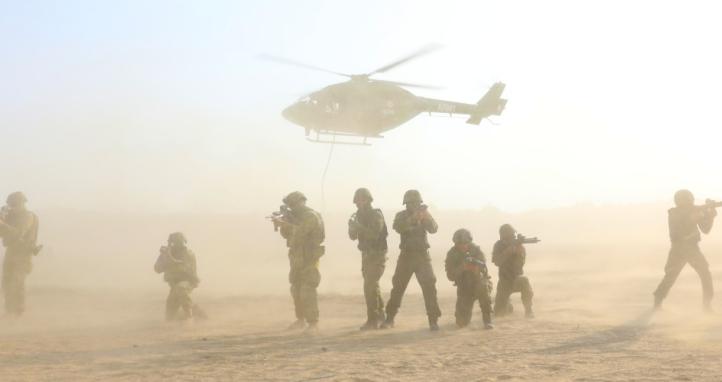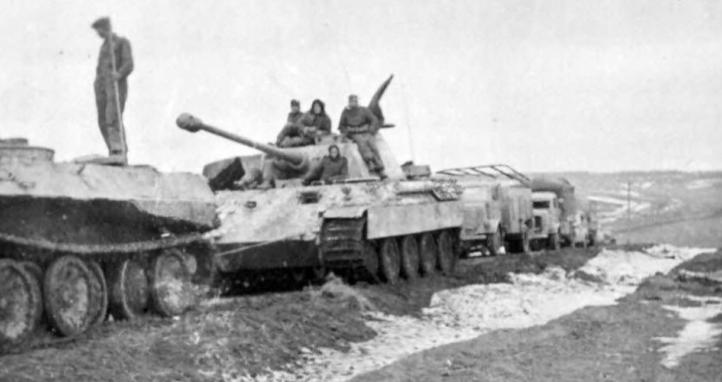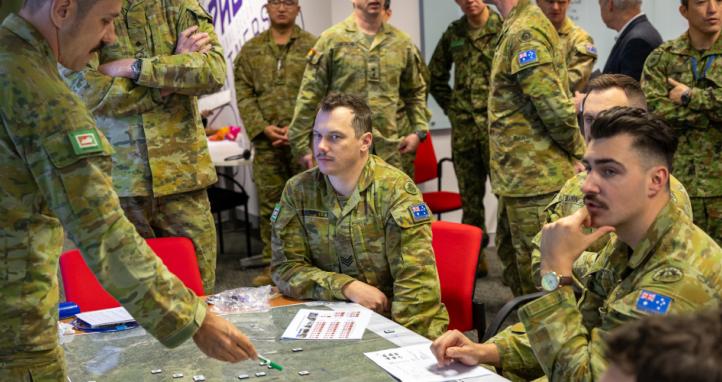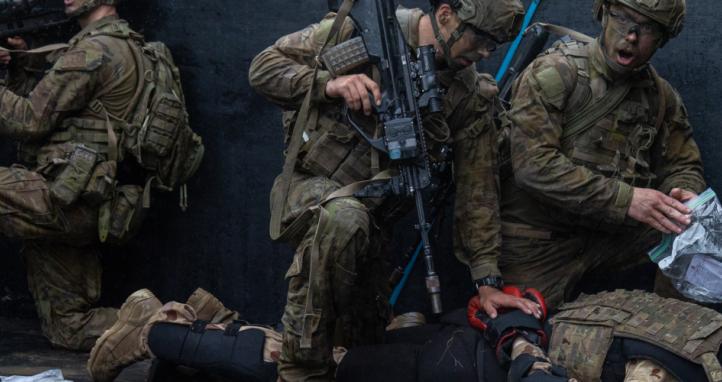Facts and figures
| Official name | Independent State of Papua New Guinea |
| Country code | PG |
| Area | 462,840km2 |
| Coastline | 5,152km |
| Population | 8,947,027 |
| Capital city | Port Moresby |
| Timezone | UTC+10:00 |
| GDP | $USD 30.93 billions |
| Currency | PGK (Papua New Guinean kina K) |
| Government type | Parliamentary Democracy Under A Constitutional Monarchy; A Commonwealth Realm |
| Notable people |
|
The 'Know Your Region' series is designed to support unit and individual professional military education on the South East Asian region. It's important for all serving members of our military to have a foundational knowledge of the countries and issues in the Indo-Pacific.
On this page:
- PNG overview
- Culture/demographics
- National psyche
- Public diplomacy
- Media and the internet
- International forums
PNG overview
Papua New Guinea (PNG) is located in the south-west region of the Pacific Ocean, with over 600 islands comprising a total land mass of approximately 452,860 square kilometres, making it the world’s third largest island country. It currently has a population of approximately 8.8 million. The closest inhabited island in the Torres Strait managed by Australia, Boigu Island, only five kilometres from PNG.
This video gives a broad overview of PNG in modern times: (a reminder, videos are available to view on your mobile devices or stand alone laptops - not on the DPN)
For further information on PNG’s culture, see the resources below:
- Articles
- PNG Country Profile – DFAT
- PNG Country Profile – BBC
- PNG Articles – The Guardian
- PNG Government and Society
- PNG overview
- PNG – general facts and information – CIA World Factbook
Culture/demographics
PNG consists of hundreds of indigenous ethnic groups, scattered among the over 600 islands. Each have their own cultural and language differences. These differences are embedded within the PNG constitution, which expresses a desire for traditional ways of life within various communities to remain the bedrock of PNG society. The largest ethnic group are the Papuans, who make up the majority of the government and leadership positions within the country. English is the predominant language utilised for business and governance practices, though Tok Pisin is widely spoken.
Christianity is the main religion, a remnant of the various missionary efforts that occurred since the early 1800s. Sport is considered an important part of PNG culture. Rugby League is particularly popular, with the sport used as a means for people to represent their tribe in competition. PNG remains a typically rural society, with over 85% of its population living away from urban areas.
For further information on PNG’s culture, see the resources below:
- Videos
- Gangs of PNG – 101 East documentary
- Deadliest journeys – PNG documentary
- Deep in – PNG documentary
- Articles
National Psyche
PNG citizens of all ethnic and tribal affiliations are immensely proud of their nation and its independence, with an understanding learned from ancestral narratives that for many years they were subject to the laws and administrations of foreign powers. Although internal conflicts and divisions remain, on a national front the people still see themselves as Papua New Guineans. Sport, and increased representation on the global stage, particularly in Rugby League, has consolidated this belief.
For further reading on PNG’s psyche, see the resource below:
Intelligence Agencies
The single intelligence agency within PNG is the National Intelligence Organisation (NIO). This organisation is responsible for the collection, collation and processing of intelligence information for the PNG government.
For further information on PNG’s Intelligence agencies, see the resources below:
- Articles
Public diplomacy
PNG has continued to seek to maintain a cordial relationship with its regional neighbours, which is as far as its international ambitions typically extend. The internal conflict over the status of Bougainville, a conflict which claimed over 20,000 lives, drew international condemnation up to its resolution in the late 90s. Like several other Pacific and Oceanic nations, PNG has fluctuated in its official recognition of China, frequently switching diplomatic relations between Taipei and Beijing. PNG currently maintains official diplomatic relations with 56 nations.
For further information on PNG’s public diplomacy, see the resources below:
- Articles
Media and the Internet
PNG is serviced by several media mediums, including television, newspaper and internet. As of early 2021, there were approximately 1.37 million internet users, out of a population of over 8 million. This total is significantly increasing annually. PNG has privately and state owned radio and television networks, with the remote and mountainous terrain of the highlands impacting communications. The nation’s constitution provides for freedom of speech and press. Like Australia, media outlets will often have opinionated editorial pieces intertwined with reporting of factual events.
For further reading on PNG’s Media and the Internet see the resources below:
- Podcasts:
- Articles:
- Internet articles:
International forums
PNG remains an active participant of many regional and international forums. It is a member of the United Nations, the Asia Pacific Economic Co-operation (APEC), the Commonwealth of Nations, the Pacific Forum, as well as the Melanesian Spearhead Group of countries.
For further reading on PNG’s involvement in international forums, see the resources below:
- Articles
Discussion questions
- As a nation that hosted APEC in 2018, PNG has shown it is looking to develop economically within the Pacific. What opportunities does that present to Australia?
- As the use of internet increases across PNG, this will expose the populace to a greater wealth of information, much of it unregulated and potentially misleading. What risks does this pose for PNG society, and what can Australia do to assist in the nation’s technological evolution?
- PNG, like other small regional nations, has precedent in changing diplomatic relationships between China and Taiwan. With the signing onto the ‘Belt and Road’ initiative by Port Moresby, will this lead to other Oceanic nations to follow suit? What implications will this have for Australia?
Know your region
Know Your Region series gives you a shortcut to understanding other nations in the Indo-Pacific region.










My observations are that most people within PNG would use the term Papuan to describe people from the region of Papua (ie the five southern coastal provinces previously administered by Australia), vice the other regions (Momase, Highlands and New Guinea Islands).
Is there a different definition of Papuan that you are using?